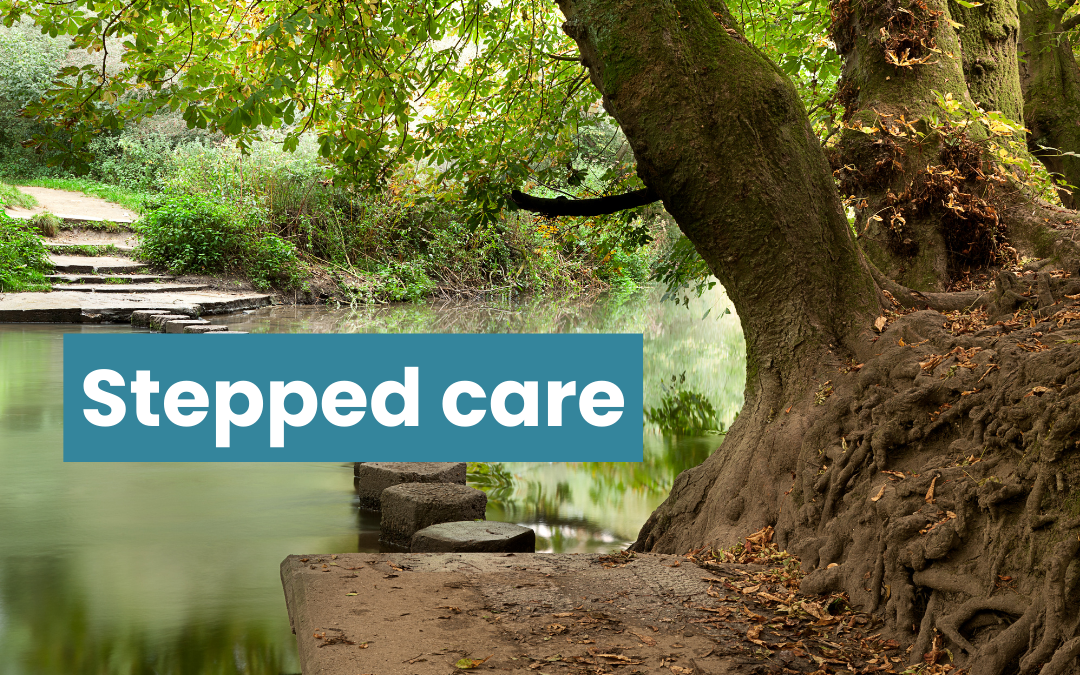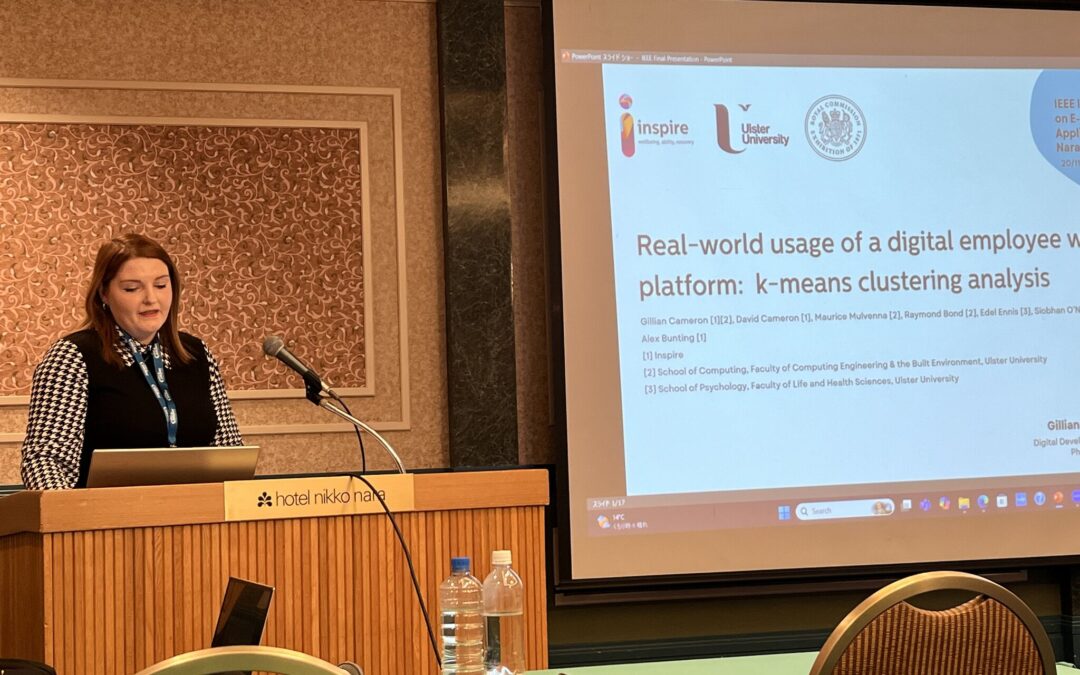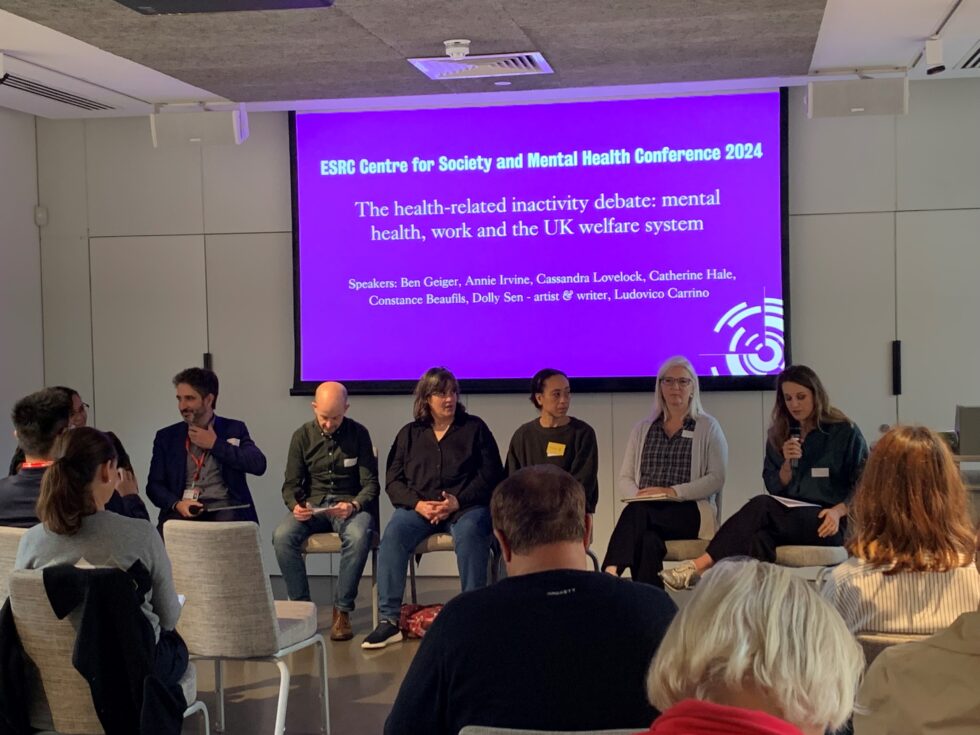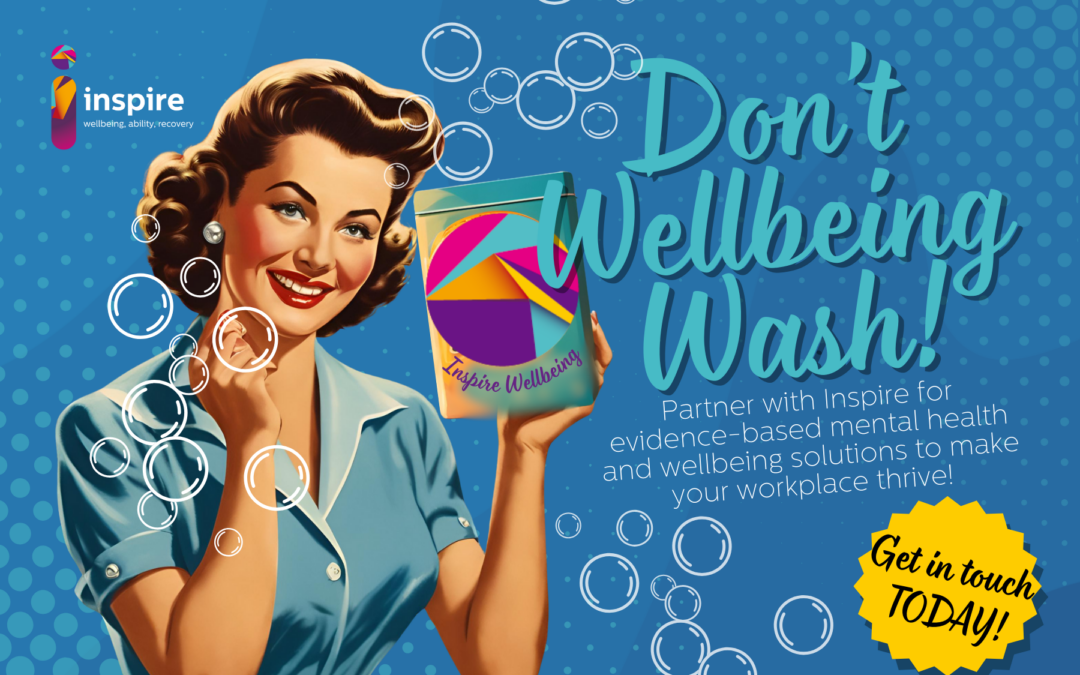As we approach the end of December, it’s an important time to take stock of how the past year has gone. Have you kept up with the New Year’s Resolutions you set yourself at the start of 2023? If you can yes to some or all, take time to congratulate yourself – any wins or positives should be celebrated given, as we all know, small changes can ultimately make a big difference to your physical and mental health and wellbeing. And all you must do is just keep building on them in 2024.
However, if on review, you haven’t made the inroads you really wanted to, please don’t worry or stress; plenty of people don’t quite keep up with their initial goals or intentions but with the new year just around the corner you can press the reset button and focus your attention what you can achieve in the next 12 months.
Over these last few weeks of December why not log on to the Inspire Support Hub and use our goal calendar to make plans and set targets for 2024, and also use the gratitude diary to get you into the habit of recording, in a positive way, those daily wins, whether small or large.
Support over the Holiday Period
It is also important to remember that the Christmas and New Year period can be a difficult or challenging time for some for a number of reasons such as loneliness, feelings of grief, financial worries, or family dynamics. And so, it is important to remember that Inspire’s support services remain available throughout the holiday period.
The Inspire Support Hub is a great place to start, offering the right support at the right time. People can self-refer through the Hub, over the phone or by email.
Wellbeing Calendar – Key Dates in December
Grief Awareness Week
National (UK) Grief Awareness Week took place this year from 2-8 December – and highlights the importance of acknowledging and addressing grief, as a natural response to loss, openly and compassionately.
If you are aware that someone has suffered a bereavement and are struggling with what you should and shouldn’t say below are some suggested do’s and don’ts which might be of help.
Do
- Start the conversation
- Offer your condolences and ask how they are coping
- .Be caring and compassionate.
- Say: “How can I help?” (and be aware that what they need might change over time)
- Be available – that you’re there to listen or just to ‘be’ with them
Don’t
- Ignore the situation.
- Assume you know how they are feeling or that you can relate – every bereavement is unique and everyone grieves in their own way
- Give advice.
- Compare your past losses with theirs.
- Say anything that may minimise or undermine the loss.
- Assume at any point that they are ‘over it’.
You also need to be aware that there may be times they are ok with talking about it and others times when they won’t and so don’t feel offended if your offer of support is turned down, rather just reassure them that you will be ready to listen or support them at any time.
Our Wellbeing Team can provide Grief and Loss Webinars which provide information and support for people who are grieving the loss of a loved one. Participants learn about the stages of grief, how to cope with grief and how to find support.
If you would be interested in attending a session like this, please speak with your HR manager/Health and Wellbeing Lead to see if it’s something that can be facilitated within your workplace.
Some external links you may find helpful for further information or for accessing resources:
www.nhs.uk/mental-health/feelings-symptoms-behaviours/feelings-and-symptoms/grief-bereavement-loss/
www2.hse.ie/mental-health/life-situations-events/bereavement/coping-with-grief/
www.familysupportni.gov.uk/Support/19/services-to-help-you-and-your-loved-ones-cope-with-bereavement
More from our blog
Menopause and work
The menopause is a natural biological process. It occurs when your ovaries age and naturally produce lower levels of reproductive hormones. The menopause may have a significant impact on home life and work performance. This can be unsettling, particularly if a particular role carries lots of responsibility. The hormonal changes…
Understanding Stepped Care and its role in workplace wellbeing
The stepped care model is a fundamental part of Inspire's workplace offering. So, what is it and why is it so important?
Winter wellbeing 2024
The festive season is here and we’re keen to highlight some wellbeing tips for now and the New Year. Head into 2025 in the best possible frame of mind. Switch off Technology allows us to be constantly connected to colleagues, family and friends. That is often a good thing but…
Reflections on IEEE eHealthCom 2024: Insights, Innovation, and Inspiration in Nara, Japan
Inspire’s Digital Development Lead, Gillian Cameron, reflects on her recent trip to Nara, Japan for the IEEE eHealthCom conference. Last week, I had the privilege of attending and presenting at the IEEE eHealthCom 2024 conference in Nara, Japan. This annual event brings together researchers, industry leaders, and policymakers to discuss…
Mental Health on the Agenda at King’s College London
Inspire’s Policy & Campaigns Office, Matthew Coyle, reflects on his recent trip to King’s College London and the knowledge gained at the ESRC Centre for Society and Mental Health’s annual conference. I had the privilege earlier this month of attending the ESRC Centre for Society and Mental Health’s third annual conference in…
Healthy Organisations Commit to Person-Centred Wellbeing
Employment takes up a good deal of our time. According to the Office of National Statistics, the average UK worker spends over 36 hours in work every week; in Ireland, that figure is 38.5. On World Mental Health Day, understand the effect that wellbeing washing can have on workers and…
On World Mental Health Day, Here’s How to Avoid Wellbeing Washing
As we count down to World Mental Health Day on 10th October, Inspire’s focus is very much on our ‘Don’t Wellbeing Wash’ campaign. Wellbeing washing is similar to green washing, its arguably more infamous cousin. It describes a company or organisational ethos that focus more on the illusion of staff…
World Mental Health Day: Don’t Wellbeing Wash
World Mental Health Day (WMHD), which takes place every year on 10th October, offers us all an opportunity to gather and talk about mental health, demonstrating to everyone that this is a subject worthy of open, honest discussion and explanation. In 2024, Inspire is marking WMHD by highlighting the important issue…
Government Action on Work-Life Balance a Positive Sign
The UK Government has announced plans to introduce new codes of practice for businesses, which are aimed at tackling burnout and codifying a right to switch off. This follows on from Labour’s campaign pledge to empower workers, providing them with the freedom to disconnect from their jobs outside regular hours and…
Line Managers are Key to Workplace Wellbeing
According to new research published by Queen’s University Belfast and the University of Nottingham, strong links exist between positive business performance and mental health training for line managers. Furthermore, the analysis of workforce practices suggests that recognising this, and acting on it, could save organisations millions every year. The study…
Workplace Conflicts Require Proactive Approach
Discord between colleagues is not unusual. The average workplace brings together individuals from different walks of life, people with distinct characteristics, objectives, points of view and ways of doing things. Quarrels are bound to develop from time to time. They can, however, have a significant impact on an organisation’s productivity,…
CIPD Conference Stresses Authentic, Empathetic Leadership
Inspire\'s Noelle Higgins, Business Development Manager – Therapeutic Services reflects on the recent CIPD conference and research. My colleague Jonathan Cody and I recently took the opportunity to head to the CIPD conference at the RDS, enjoying a day away from our e-mails and catching up with a range of…













